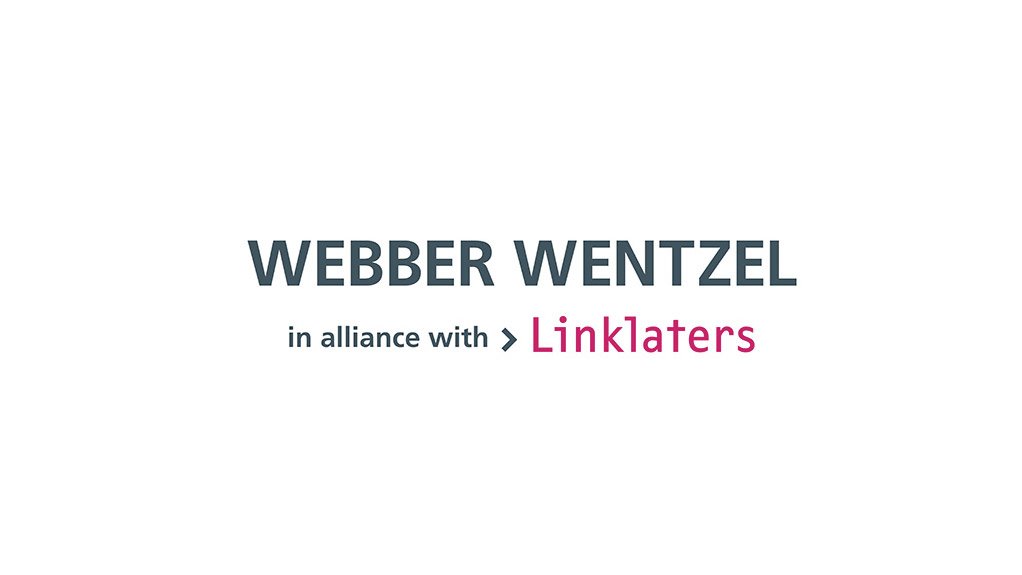Whether land has to be rezoned for mining purposes or not is an important issue for mines, both existing operations and new ones, to consider, as it depends on a large number of factors
Although mining is site-specific and intrinsically dependent on land, the land use planning aspects of mining are often seen as secondary considerations to mining operations.
An important aspect, which is often overlooked, is zoning. Given the increasing emphasis on clean power generation and ensuring a predictable source of power, many mining companies are undertaking renewable energy projects on land subject to mining rights. Zoning is again coming to the fore as mines are considering whether the land must be rezoned for renewable energy purposes. Rezoning applications for such projects could catalyse municipalities in different jurisdictions to consider more closely the zoning of the mining operations within their jurisdictions.
Incorrect land use planning could halt mining operations and should therefore be carefully considered. However, that does not mean that mining companies should all commence a rezoning process. Many people misinterpret the judgments in Maccsand (Pty) Ltd v City of Cape Town and Others 2012 (4) SA 181 (CC) and Minister for Mineral Resources v Swartland Municipality and Others 2012 (7) BCLR 712 (CC) to mean that mining cannot take place until their mining land is rezoned. The takeaway from these judgments is rather that mining companies are not exempt from compliance with land use planning legislation and need to consider whether rezoning is required. There is no uniform approach in the country, and this requires mines to consider the relevant land use scheme and applicable legislation for each area where they are mining to determine whether rezoning for mining is required.
Previously, mines were largely exempt from land use compliance because mining operations fell outside municipal town planning scheme jurisdictions and, in some instances, authorities were even statutorily prohibited from promulgating town planning schemes over mining land. This must now be considered in light of the prevailing national land use planning instrument, the Spatial Planning and Land Use Management Act, 2013 (SPLUMA).
For the first time, in 1996, the Constitution created wall-to-wall municipalities throughout the entire country, so that every municipality shares a border with another, and no land is outside municipal jurisdiction. The first wall-to-wall municipalities were demarcated before the 2000 local elections. This is important because all land, even mining land, now forms part of a municipal jurisdiction, which was not previously the case. In 2015, SPLUMA formalised that every municipality must have a land use scheme for its entire municipal area (although not all municipalities have done so). Recourse must therefore be had to SPLUMA, the land use schemes and municipal by-laws (or, if not, the existing town planning scheme) as well as provincial legislation and other land use planning instruments not repealed by SPLUMA.
In some instances, it could be argued that existing operations are exempt from the requirement to rezone. However, this must be ascertained on a case-by-case basis. It depends on various factors, such as:
- the location of the operations;
- when prospecting or mining operations commenced; and
- whether mining ceased for a period and, if so, what the period was. If there is an exemption, there is case law to the effect that there is no need to apply for or get consent for an exemption – the operations are either exempt or not, although this will depend on the wording of the exemption.
Mining companies are required to comply with all applicable laws, including land use planning laws. Given that mining can be halted (or stopped from commencing) if the correct land use zoning is not in place, mines should carefully consider their zoning position. Webber Wentzel has experience advising on the land use planning laws of various municipalities and provinces and we collaborate with town planners to advise our clients on the best way forward. What is clear is this – whether there is a need to rezone or not, mines should be asking themselves that question.
Written by Giada Masina, Partner, Jaqui Pinto, Senior Associate & Mark McIntosh, Partner from Webber Wentzel
EMAIL THIS ARTICLE SAVE THIS ARTICLE ARTICLE ENQUIRY
To subscribe email subscriptions@creamermedia.co.za or click here
To advertise email advertising@creamermedia.co.za or click here











